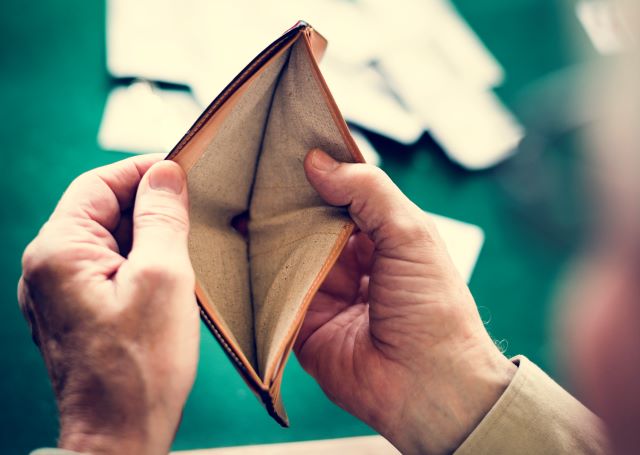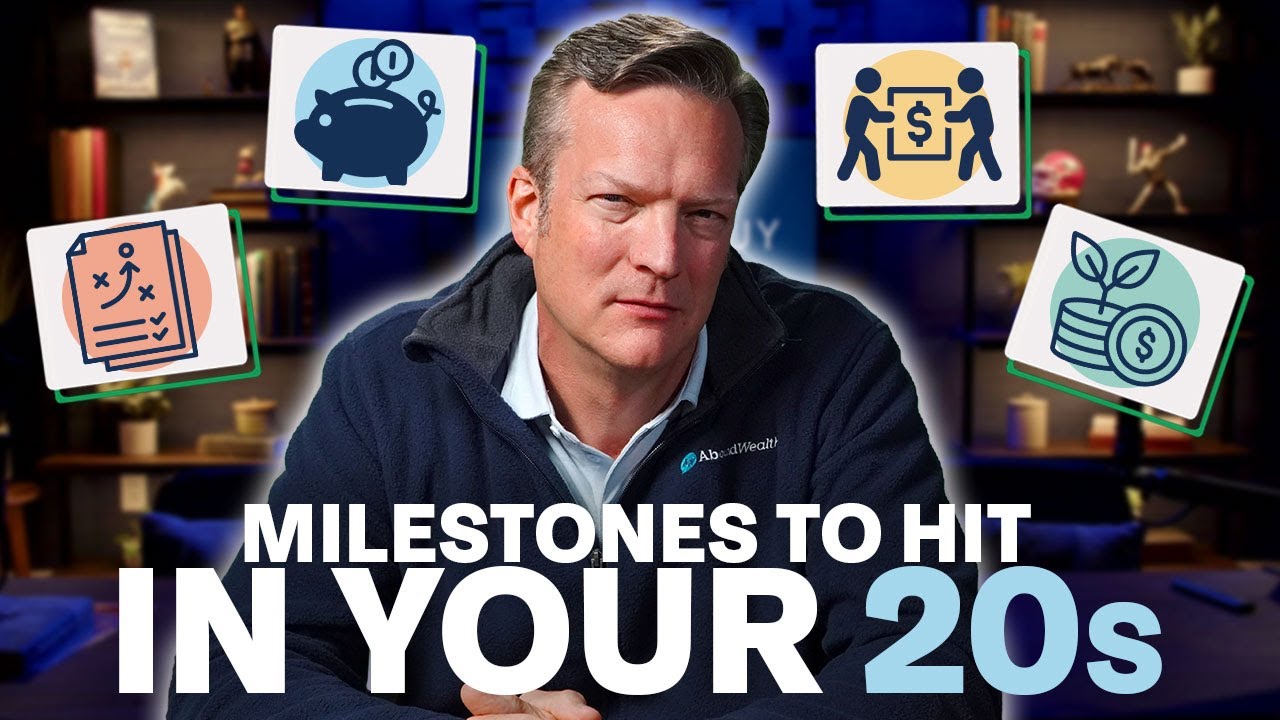
The average person, unfortunately, isn’t too good with money. 78% of American workers say they’re living paycheck to paycheck, and 60% of the population wouldn’t have the savings required to pay an unexpected $1,000 expense. The United States is one of the wealthiest countries in the world and has a high standard of living, so why are there so many people that have trouble paying their bills and getting ahead with money?
High Spending Rate
It’s no secret that many Americans have trouble keeping their spending under control. The average person spends about $18,000 per year on non-essentials. The top non-essentials Americans spend money on include eating out, alcohol, subscription boxes, cable, apps, and online shopping. If people cut back on discretionary spending, they would undoubtedly be doing better financially. They’d probably even be able to come up with $1,000 if they had an emergency.
We think people should enjoy themselves, and spend money on things they enjoy. However, you must enjoy your money responsibly. If you’re living a lifestyle you can’t afford, you must make cuts to improve your financial health. Sacrifice a little bit today for an abundance in the future.
Fear of Budgeting
We don’t talk about budgeting often on the show, but everyone needs a budget starting out. Think of a budget like training wheels; it’s necessary for you to learn how to ride a bike, but only temporarily. There are many free tools out there for budgeting – you can use apps, software, or tried-and-true spreadsheets.
At a certain point, it will be time for the training wheels to come off. Eventually managing your money will become second nature, and you won’t need an app or a spreadsheet to tell you what you can or can’t afford. Until that time comes, though, don’t be afraid to use a budget to your advantage.
Big Spending Mistakes
Costly financial mistakes can keep you broke. The average American household owes $8,398 in credit card debt, and the average credit card interest rate is 17.30%. 1 in 3 Americans who trade their vehicle in for a new one are underwater on their car. 38 million Americans spend more than 30% of their income on housing, a sharp increase from 16 million in 2001.
These mistakes aren’t small. Credit cards, cars, and houses can completely derail your financial life, and “mistakes” like buying coffee everyday or eating out too much don’t have nearly the same consequences. Over time, small vices like eating out more than you can afford add up, but their impact is incremental and spread out over time. Buying a car or house that you can’t afford has immediate and lasting consequences, and will have a ripple effect throughout your entire financial life.
Practicing deferred gratification can be a cure-all for many money woes you may be experiencing. Get in the habit of postponing a little bit of happiness today with the hope of much greater happiness and abundance in the future. If you haven’t already, stop making mindless purchases. Consider what value an object will give you before purchasing; if it just gives you brief, momentary happiness for a few hours is it truly worth it? Depending on the stage of life you’re at, that answer may be yes. If your answer is no, your future self will thank you if you defer a little bit of happiness until tomorrow (or the next day, or the next…).
Our most recent show, “3 Reasons Why Americans are Still Broke,” is available to watch on YouTube below. Bo and Brian discuss what mistakes many Americans are making money, why that’s (unfortunately) not likely to change, and what you can do to set yourself apart.













